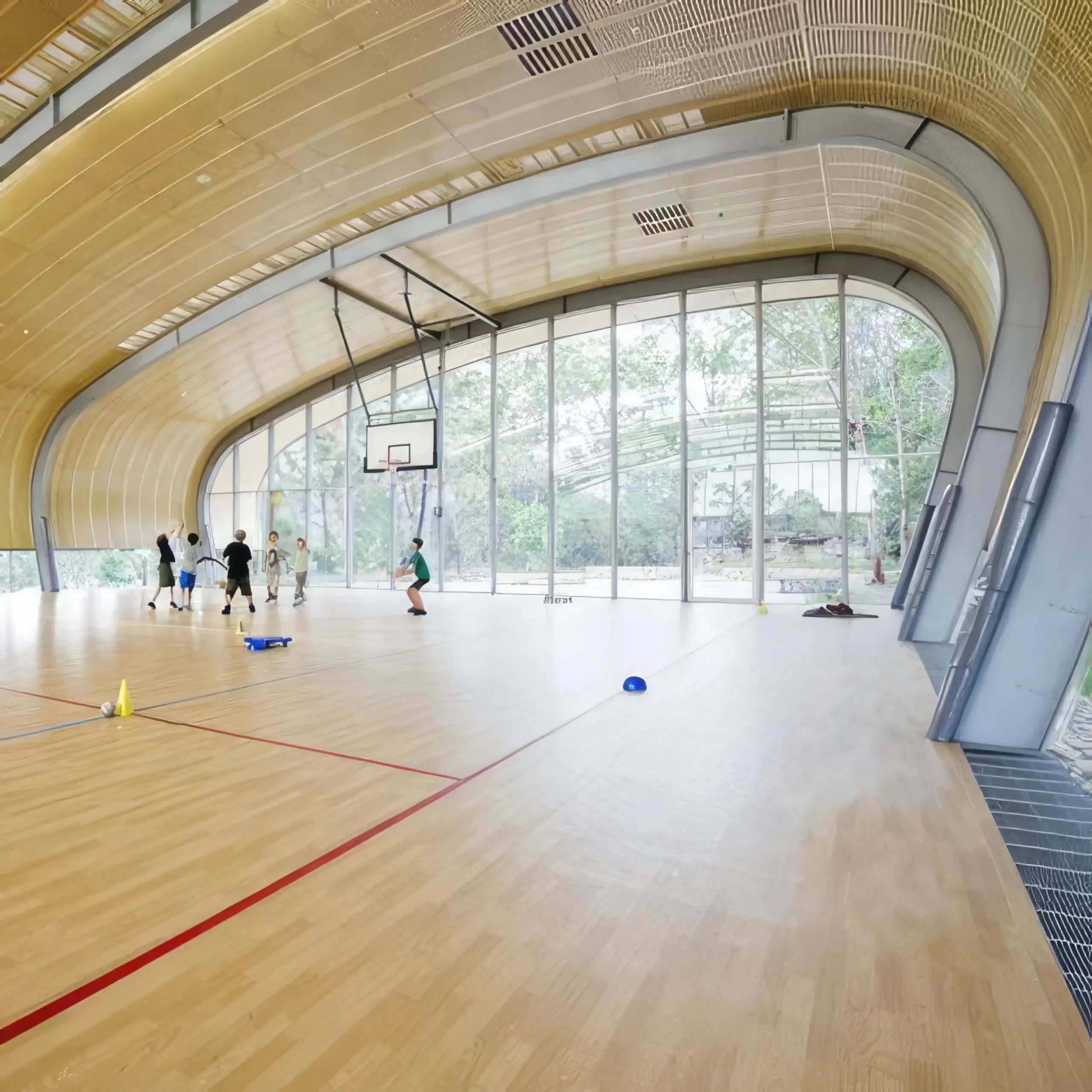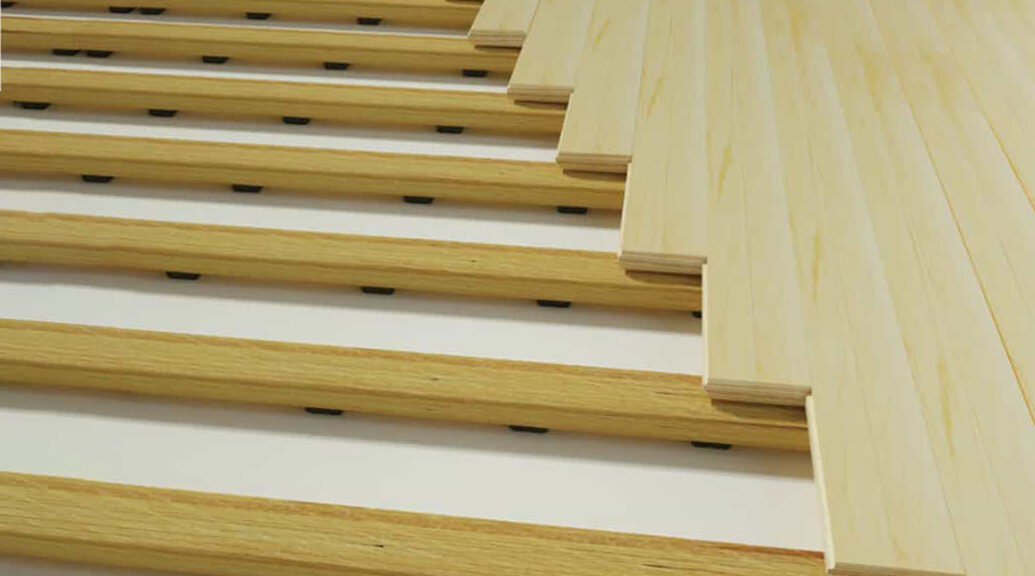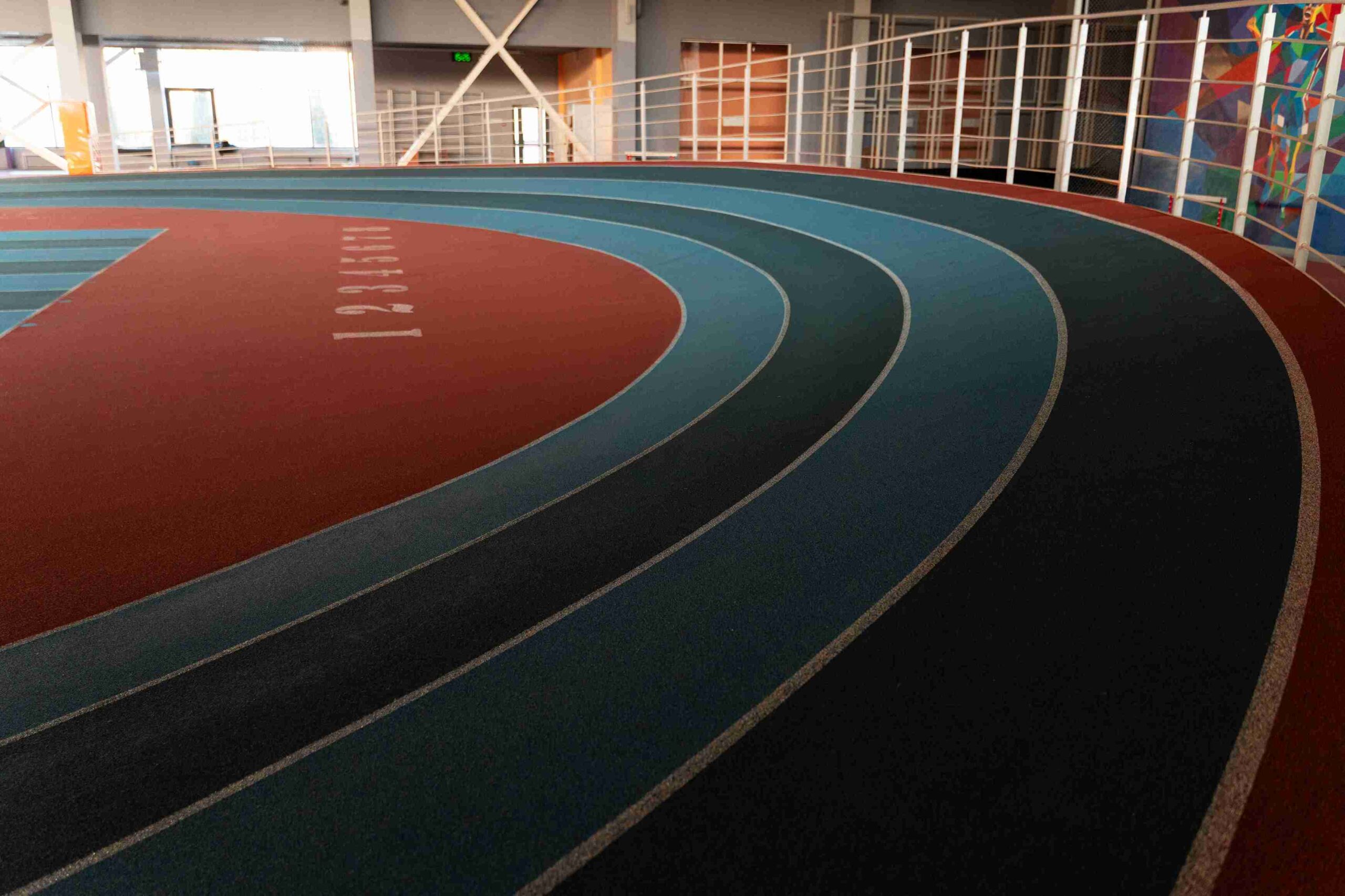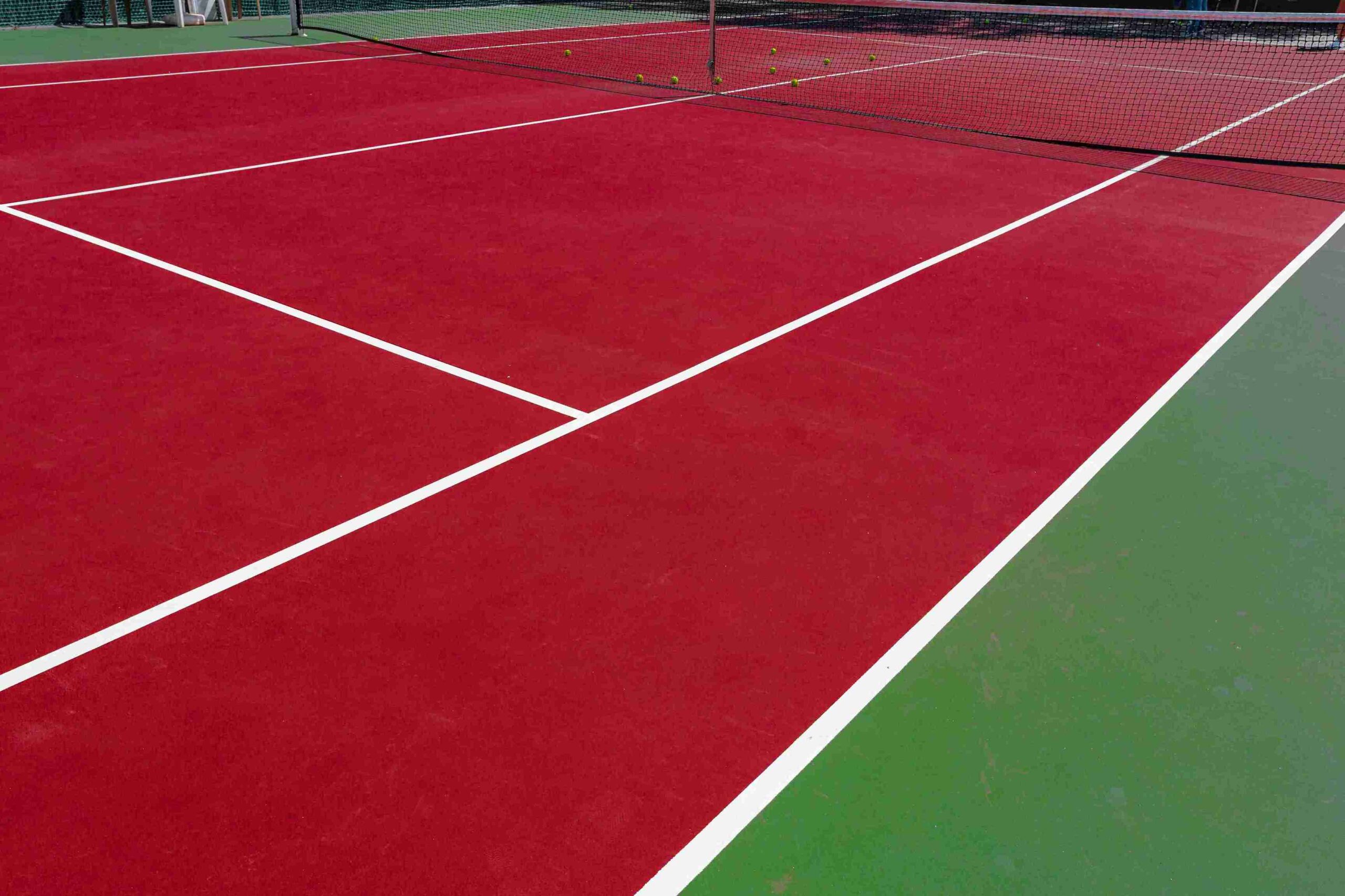If you are building or rebuilding a volleyball, tennis, or pickleball court, the most significant choice you might have to make is what kind of floor to put in. The tried and true surfaces of concrete, acrylic, or wood look like they’re the way to go. In more recent years, though, are becoming increasingly popular with players of indoor and outdoor games.
So why are interlock floors the best option for these high-speed sports? Let’s take a look further at why coaches, facility managers, and school administrators are relying more and more on modular interlocking floors to construct safe, durable, and high-performance courts.
What Is an Interlock Floor and How Does It Work?
First of all, let’s define what interlock floors are. Interlock flooring, or modular court tiles, consists of square or rectangular tiles snapped together using a concealed locking mechanism. They are usually composed of durable plastics such as polypropylene or similar materials that can support heavy traffic.
All of the tiles have surfaces with very small patterns or textures to assist with grip. The base usually has a clear pattern that assists with shock absorption and the capacity to bend slightly. Most interlock floors are acceptable for use outdoors and inside, and they come in various colors and patterns.
Because of its simple design, they are easy to install, easy to repair, and can be installed in commercial and recreational applications. But how does this type of floor hold up to the demands of volleyball, tennis, and pickleball? Let’s take a look at each sport.
Why Interlock Floors are Best for Volleyball Courts
Volleyball is a high-impact, high-speed sport that overloads the players and the floor. With all the diving and jumping and quick changes of direction, the players need a surface that will absorb their movements without adding to the risk of injury.
Interlock floors are the kind of support volleyball courts need. They are shock-absorbing, cushioning joints when landing and jumping. And, they provide players with improved grip without stickiness due to their slightly rough-surfaced floor.
This floor is particularly beneficial in school gyms and community centers, where daily use by students and community teams may require volleyball courts.
Therefore, why is this floor more appealing to schools and community facilities?
Benefits of Interlock Flooring for Recreational and School Volleyball
One of the largest benefits is how much less upkeep interlock floors need. They don’t need to be polished or resurfaced, like wood floors do. And when you do have a broken tile, you can simply replace the tile instead of recoating the entire floor.
Other major benefits are:
●Durability – Built to endure intense games and frequent foot traffic
●Easy Installation – Most courts take a day or two to be installed
●Safety – Reduces the risk of joint damage, slips, and falls.
Now that we’ve talked about volleyball, let’s go and talk about another speed sport: pickleball. Would interlocking floors be suitable for the other sport as well?
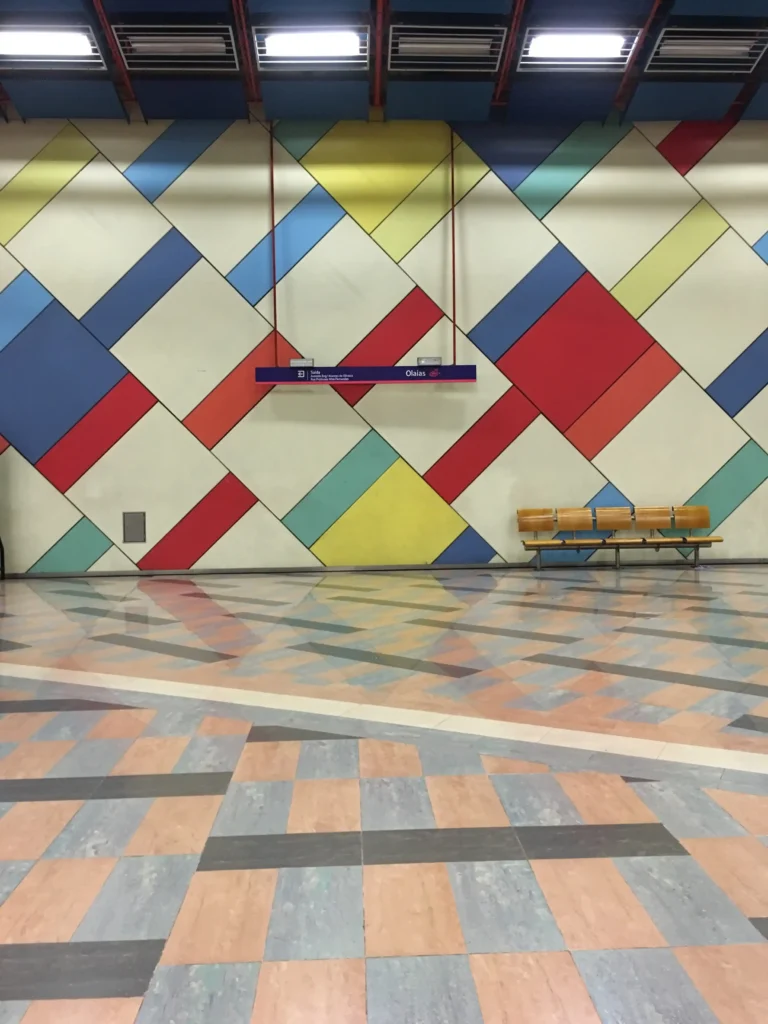

Why Interlock Floors are So Great for Tennis and Pickleball
Pickleball and tennis can be played with a range of rackets and rules, but both are greatly reliant on great footwork and a responsive court surface. Serving, running, or cutting, the court surface beneath your feet plays a major part in your game.
Interlock floors offer the perfect combination of grip, bounce, and comfort that sports demand. They are less abrasive than concrete, which is abrasive to ankles and knees, yet are tough enough to withstand high-speed action.
Most interlock systems also include the ability to accommodate custom line markings, so you can get a multi-purpose court with lines for tennis and pickleball. That’s especially convenient for schools or community centers that’d like to be able to play several games on one court.
But what if the climate is changing?
The Advantage of Interlock Floors in Changing Weather
This is where modular interlocking floors really shine. Their installation process includes tiny drainage holes, which allow water to flow through, so you’re not stuck for hours waiting for a court to dry out after a storm. The materials are also UV-resistant, so the surface won’t fade or crack in the blinding rays of the sun.
During rainy mornings or after rain, the anti-slip surface remains grippy. And during changing weather, the tiles also expand and contract a little without breaking — something old-fashioned hard courts cannot do.
So far, interlock floors seem to be all the rage. But how do they compare to the more traditional surfaces?
Interlock Floors vs Traditional Court Surfaces
You may ask: “Why not acrylic or concrete?” It’s a good point. They are the surfaces most of us are used to.
But when you compare them side by side, interlock floors have some self-evident benefits.
| Feature | Interlock Floors | Concrete / Acrylic / Wood |
| Installation Time | Fast – 1-2 days | Slow – Several days to weeks |
| Shock Absorption | Yes | Minimal |
| Weather Resistance | High | Low |
| Maintenance | Low | Medium to High |
| Repair | Replace individual tiles | Full resurfacing often needed |
Overall, interlock flooring is more accessible, easier to maintain, and generally more comfortable to play on.
Having discussed comparisons between sport types and floor coverings, let us discuss some other benefits of interlock floors over any one sport.
Benefits of Modular Interlock Floors for Multi-Purpose Use
One of the best benefits of interlock floors is the versatility with which you can employ them for more than one sport. Rather than constructing separate courts for separate sports, you can employ a single surface for volleyball, tennis, pickleball, basketball, futsal, and so on.
It is especially worth it for:
●Community centers that serve a wide range of users
●Schools that want to save space and expenses
●Leisure clubs with cyclical league schedules
●Providing Multi-Sport Facilities Access
With tile systems, you can change from sport to sport as simply as changing net heights or using alternate-colored lines. You can even paint school colors or logos onto the court, as well. And should you ever need to relocate the court elsewhere in the future? Not a problem — the tiles can be disassembled and reassembled elsewhere.
Flexibility is one of the biggest reasons facilities of all sizes are looking for interlock solutions.
But who do you trust to select a flooring system? Let’s talk about it.
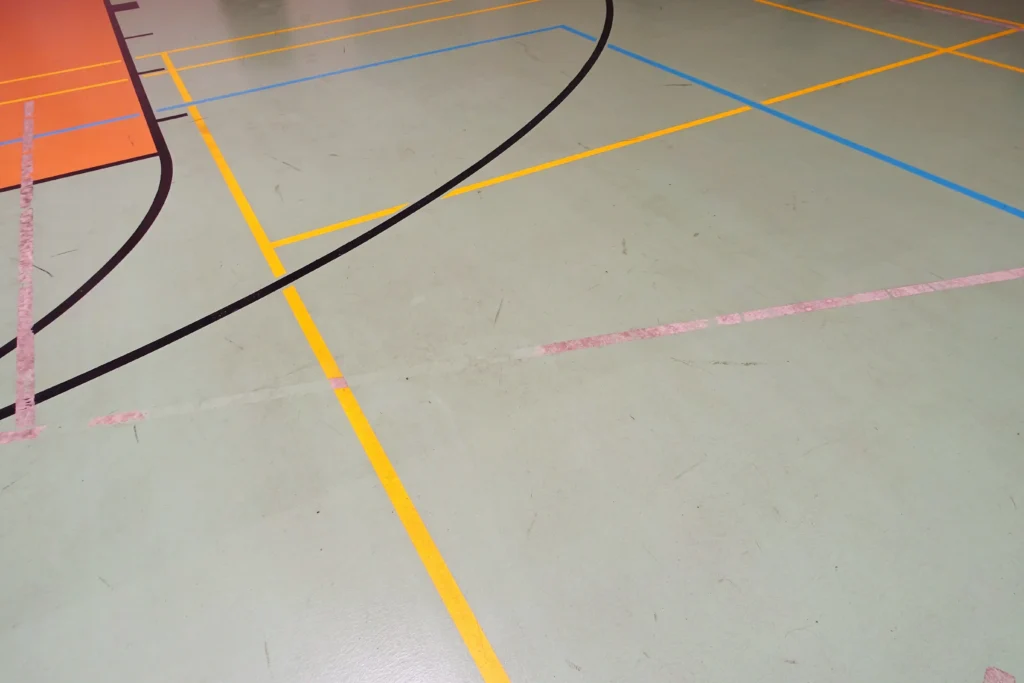

Why Choose VMKON’s Interlock Floors?
For quality, customization, and performance, VMKON’s interlock floors are second to none. As a well-established manufacturer, VMKON is dedicated to creating safe, high-quality flooring systems that are suitable for application in actual conditions.
Here’s why VMKON is a good option:
●Durable, impact-resistant materials that will last for years
●UV-stable surfaces for long-term color and durability
●School, club, and sponsor exclusive designs and logos
●Fast global shipping with friendly support
Something for everyone, be it indoor volleyball or outdoor pickleball.
Whether you are constructing a new court or renovating an existing one, VMKON helps you create a surface that players will love.
Therefore, what can you do now?
Conclusion
Let’s recap what we have learned:
Interlock floors are durable, safe, and easy to maintain
They are perfect for playing volleyball, tennis, and pickleball.
They are weather-resistant and accommodate several sports.
They are a clever alternative to conventional surfaces.
And VMKON offers one of the best solutions on offer.
If you are constructing a new court or simply wish to upgrade, now is the perfect time to see how interlock floors can benefit you.
Need help or have a question about planning your court? We’d be more than happy to help you find the solution that works best for you. Whether contractor, club, or school, our team is here to help your next project come to life from start to finish. Contact us.
Frequently Asked Questions
1. The interlock floor is made of what?
Interlock floors are usually made of high-impact polypropylene or other durable plastic, which is capable of withstanding intense sports activity.
2. Can interlocking floors be installed outdoors?
Yes, interlock floors are UV-stable and weather-resistant, and they are perfect for pickleball courts and outdoor tennis courts.
3. Are interlock floors applicable to sports like volleyball?
Yes. Interlock flooring offers shock absorption and traction, reducing the risk of injury in jumps and rapid changes in direction.
4. How much time is taken for interlock floor installation?
Most interlock floors are installable within a day or two, depending on preparation time and court size.
5. Do interlock floors require a lot of maintenance?
No, interlock floors are not high maintenance. They are simple to clean, and individual tiles can be replaced if broken.
6. Can one court surface handle multiple sports?
In fact, interlock floors can support volleyball, tennis, pickleball, basketball, etc., on a single surface with customized line markings.
7. How are interlock floors different from wood or concrete?
Interlock floors are softer, safer, and more flexible than concrete or wood and are less expensive to maintain in the long term.
8. Will it rain on my interlock court?
No. The majority of interlock floors contain drainage systems that permit water to flow, and thus, they are usually playable soon after rain.
9. Can interlock floors be customized?
Yes, you can choose multiple colors, add logos, and designate lines for some sports to meet your needs.
10. Why VMKON for interlock floors?
VMKON offers premium, multi-purpose interlock floors with international experience and knowledge of multi-sports court facilities.

